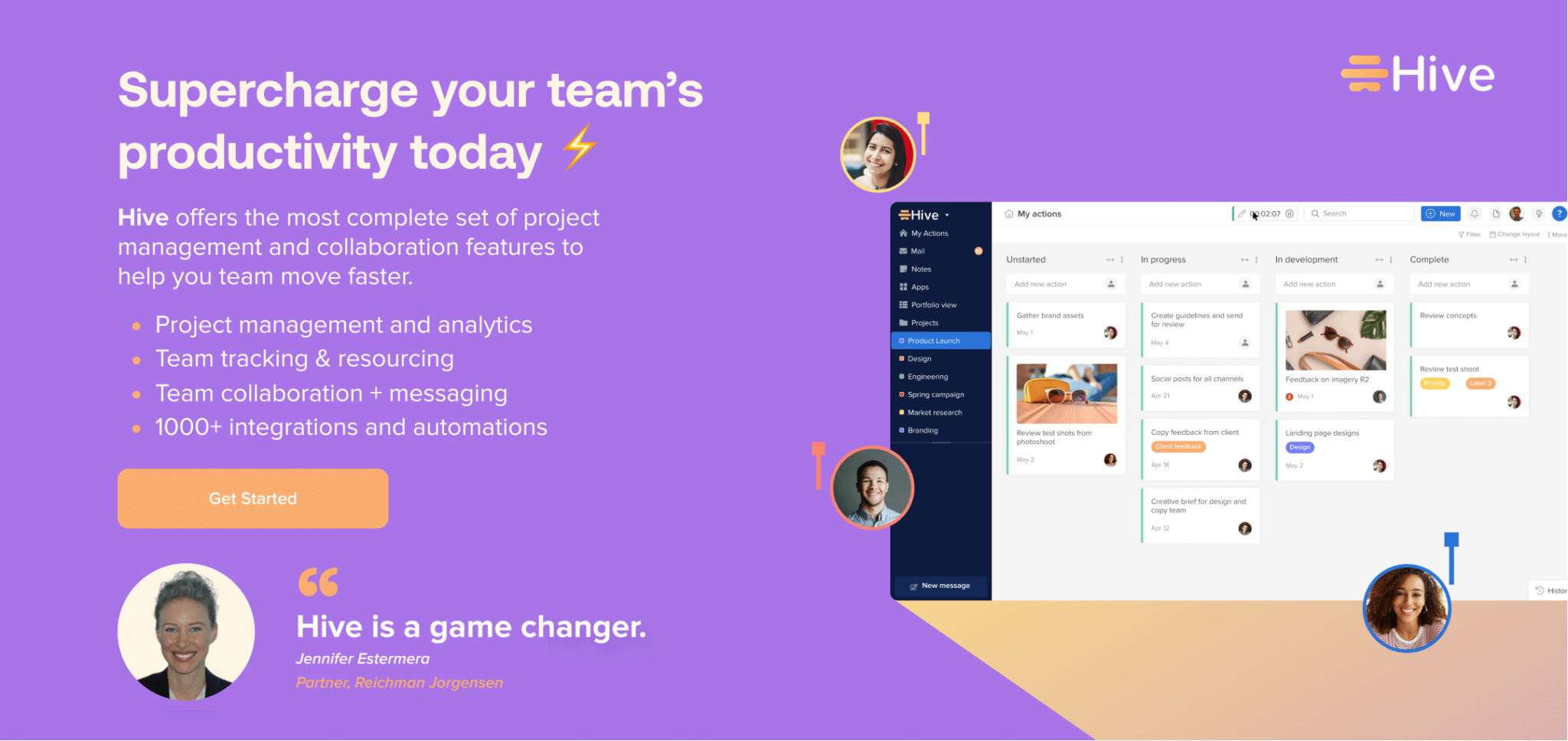The pandemic has left many of us feeling socially awkward after long periods of isolation. And now that remote and hybrid work are so common, social interactions at work are often happening behind a screen. Let’s just say that social skills have suffered over the past few years. But they still very much matter in the workplace, even in a remote environment.
“As the founder of a learning and development agency, a massive portion of our clients have come to us in the last three years because the shift to remote affected the collaboration and feelings of belonging amongst team members,” according to Nicole Papaioannou Lugara, PhD, Owner & Instructional Design Consultant at Your Instructional Designer. “Work is still an incredibly social experience. You need to talk to people to get things done as a team and to serve your clients. You need to read the room, negotiate buy-in, and collaborate effectively while making people feel understood and respected.”
The benefits of social skills at work
In fact, LinkedIn’s 2023 Most In-Demand Workplace Skills report revealed that management and communication are some of the most sought-after soft skills across industries. “It’s a big gap, and those who can fill it are the ones who are going to excel – individually and organizationally,” says Papaioannou Lugara.
On an individual level, interpersonal skills can literally make or break your career. “Social skills are important at work because sociologists say we find the most connections through weak ties or loose connections. This means that, most often, new promotions and new opportunities come through our network acquaintances, not our best friends or ‘work husbands,’” says Nick Gray, author of “The 2-Hour Cocktail Party.”
From a workplace culture standpoint, social skills improve productivity and morale, adds Gray. He believes that people naturally want to be around someone with good social skills who brings people together and acts as a bridge between departments. “You are an asset to a company if your social skills allow you to cast a wide net to develop acquaintances and close connections with colleagues,” he says. “Good social skills benefit workplace culture by improving productivity, general networking, and workplace morale.”
Key social skills in a hybrid/remote environment
Since the vehicles for socialization have evolved, it’s important to understand how to adapt social skills to a hybrid or remote environment. Gray says that the most important social abilities in a remote/hybrid setting are networking and cross-departmental communication: “When we miss out on bumping into colleagues in the lunchroom or the ‘water cooler,’ you need to learn and develop those skills remotely.”
Wondering how to go about it? Taking advantage of informal group chats is a good avenue. If your company doesn’t have a channel dedicated to casual, non-work related discussions, invest in a team chat application and create a group thread – and make sure to regularly share prompts in it to cultivate conversations.
Being aware of body language and non-verbal cues on video calls is also an asset as a leader, as you’ll want to use those cues to read the room and encourage collaboration and connection. “While we develop training content, a lot of what we’ve helped clients to do is recognize that their team needs to be taught to connect with each other in a remote environment and that managers need to be able to encourage collaboration and read social cues in a remote environment to be effective,” says Papaioannou Lugara.
Since a lot of team interactions now happen in virtual meetings, learning how to use ice-breakers strategically can be useful, too. “Ice breakers get a bad rap because most people do them wrong, which causes introverts or individuals with social anxiety to feel uncomfortable,” says Gray.
When done well, virtual ice-breakers help teams bond in a remote environment. They don’t have to be lengthy or cheesy either. “Ice breakers should serve as a roll call to quickly announce who’s on the call, what they do, and then a fun item that shares a bit of personality about them,” adds Gray. His favorite one involves saying your name, sharing what you do in the company, and briefly talking about one of your favorite breakfast foods. “It’s a great ice-breaker because it’s fast, people won’t judge your answer, it doesn’t cause people to freeze up, and it expresses a bit about your personality.”





